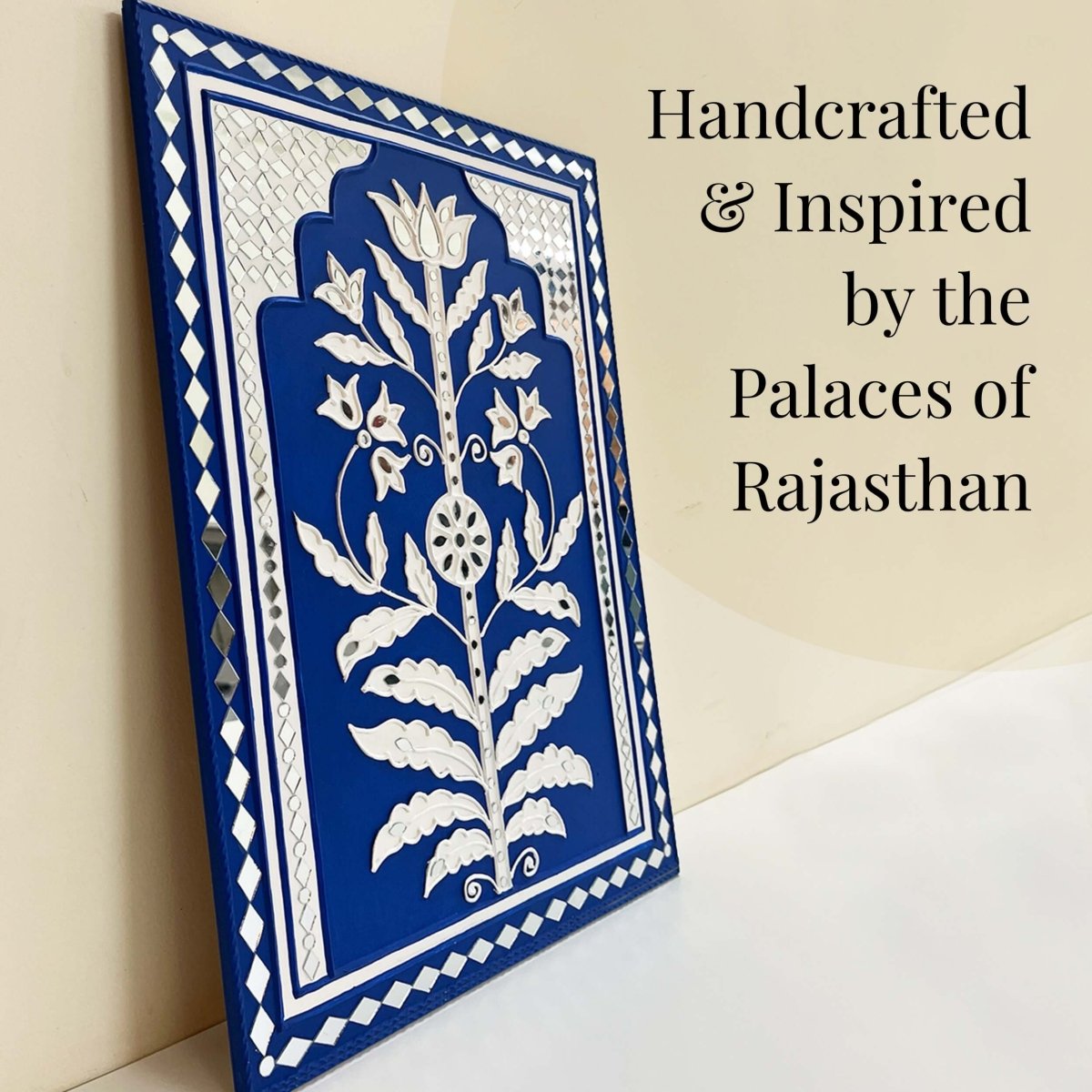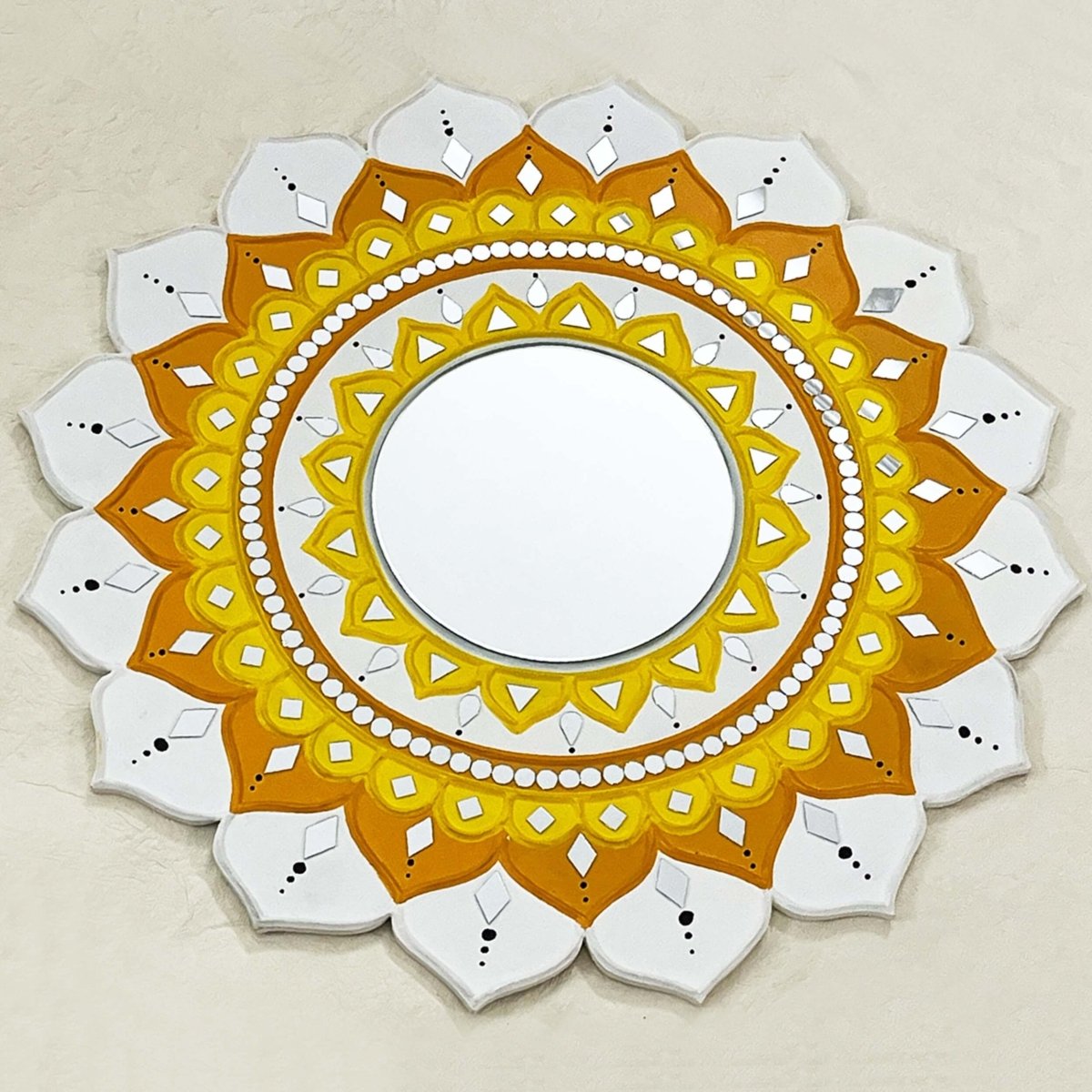Rukhmabai: Fighting her Way to the Top
BOOKMARK
Imagine a young girl, from a small locality in the far off port town of Bombay creating a storm in England in the 19th century – appealing to the Queen of England, nay, the Empress of the British Empire, Queen Victoria to intervene on her behalf. That is what Rukhmabai (or Rakhmabai) did, fighting for her rights against the rigid system of child marriage and all that it entailed in the 1890’s. Rukhmabai was a catalyst who forced the Government of India to enact the Age of Consent Act in 1891 which legally set a limit for the age at which one could marry. She also proved why women should be allowed to soar- by becoming a successful doctor.
Captured on the silver screen through a Marathi film, Rukhmabai’s story, one of grit & determination, should be celebrated so that it can inspire millions across the world!
Born in 1864, Rukhmabai had a start that would help her in her battles ahead. Her mother Jayantibai who herself was a child-bride at 14 had been widowed early at the age of 17 and had been lucky to find a progressive husband and remarry. Rukhmabai’s step father was an eminent physician, Sakharam Arjun, who had great faith in education. He was a prominent social activist of his time.
As was the norm, Rukhmabai was married at the young age of 11 to Dadaji Bhikaji, who was 19. Though she was married early, Sakharam insisted that she complete her education before she moved in with her husband. Things went well and Rukhmabai could focus on her education and dream of doing more with her life, but when she was 23 her husband demanded that she come and stay with him. The feisty Rukhmabai refused, saying she had not given her consent to her marriage as a child, and had no say in the matter previously.
Rukhmabai’s angry ‘husband’ Dadaji Bhikaji filed a case against her in the lower Court. The Court order went in favour of Rukhmabai. The Court ruled that the marriage was illegal on the basis that it did not have her consent, but the higher courts reversed this decision. To make things even more complicated, since the case was filed using Hindu Laws, it took a different turn according to the court’s interpretation and Rukhmabai was ordered to either stay with her husband or serve a punishment of six months. There are also some records where she was asked to buy her freedom by paying a fine of Rs. 2,000. Refusing to be cowed down, Rukhmabai wrote that she would rather have the maximum penalty than obey the verdict.
However, Rukhmabai found support from unexpected quarters. German-born philologist and Orientalist, Max Müller wrote that Rukhmabai's education made her the best judge of her own choices and that the court should not have a say in the matter.
While this inspired widespread public discourse on issues such as child marriage and the rights of women, Rukhmabai continued to pursue her studies and wrote letters to the Times of India under the pen name ‘A Hindu Lady’. In her article dated June 26, 1885, she wrote about the plight of being a woman in a rigid society which discriminates between men and women. She made a strong point on the need to abolish child marriage and increase the age of marriage for both men and women. Her strong views are evident in this extract from the same article:
You, gentlemen, anxiously long for the regeneration of India. If arts and sciences flourish, if trade and industry progress among our people, you think everything will come right. India will prosper. But do you seriously believe (I beseech you to consider calmly) that such a happy state of things is possible when you allow boys and girls to be fathers and mothers before they are hardly out of their teens? Do you expect anything good or great from a boy-husband and a girl-wife saddled with the cares and anxieties of an increasing family, and having to fight their way through the hard realities of life? Do you think that the sons and daughters of such parents, who want strength of body and mind themselves, will be capable of achieving the bright future which—pray excuse me for saying so—you fondly anticipate for them?
Rukhmabai, found great support at home. Her stepfather was on her side and there were others who decided to take up cudgels for Rukhmabai. Social reformers like Behramji Malabari – poet, publicist, author and social reformer and Pandita Ramabai – social reformer and champion for emancipation of women formed the defence committee for Rukhmabai who sought to bring her case to public attention.
Despite all this support however, Rukhmabai found it difficult to win the case against the orthodox system and courts in India. But instead of giving up, Rukhmabai appealed to the highest quarters in British India– the Empress herself. Appealing directly to Queen Victoria in the year of the Golden Jubilee (1887 CE) of her reign she wrote a letter to the Queen requesting for a change in the Hindu law. Queen Victoria, who at that point was already concerned about women rights and issues in India, signed a special decree dissolving Rukhmabai’s marriage and preventing her from being imprisoned. This also set the ball rolling for the Age of Consent Act in 1891 which legally set a limit for the age at which one could marry.
Soon after when Rukhmabai expressed her desire to study medicine, a fund was raised for her studies at the London School of Medicine and she went to England in 1889 CE. She returned to India in 1895 CE and became one of the first practicing women doctors here. She worked in a women’s hospital at Surat. On her retirement in 1929 she published a pamphlet taking up another cause ‘Purdah- the need for its abolishment’.
Though the Age of Consent Act of 1891 was enacted in British India on 19th March 1891 CE it was limited in its scope. It only raised the age of consent for sexual intercourse for all girls, married or unmarried, from ten to twelve years in all jurisdictions. This law has been amended multiple times over the last century with the recent amendment in the law under the Criminal Law (Amendment) Act, 2013, which raised the legal permissible age for sexual consent to 18 years.
Women rights have been hard fought across the world and there is a lot more ground to cover. But as we do so, it is important to remember the sacrifices and fights of women like Rukhmabai - who were trail blazers and torch bearers so long ago.
Today, the home of Rukhmabai at Gamdevi near Grant Road, Mumbai, is a school as she had willed. What could be a better way to retain the legacy of a woman for whom education truly opened up the world!
Cover Image Courtesy - Royal Maratha Entertainment









